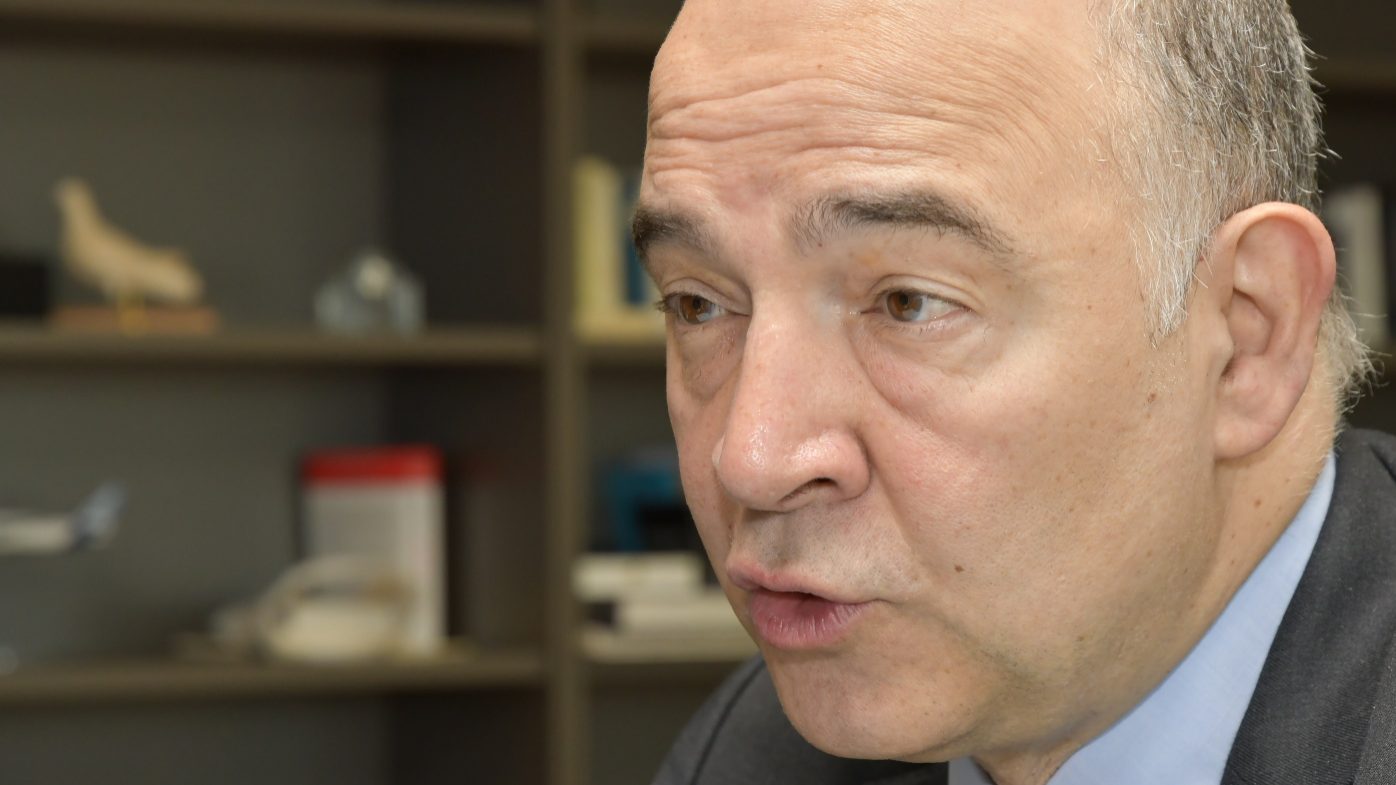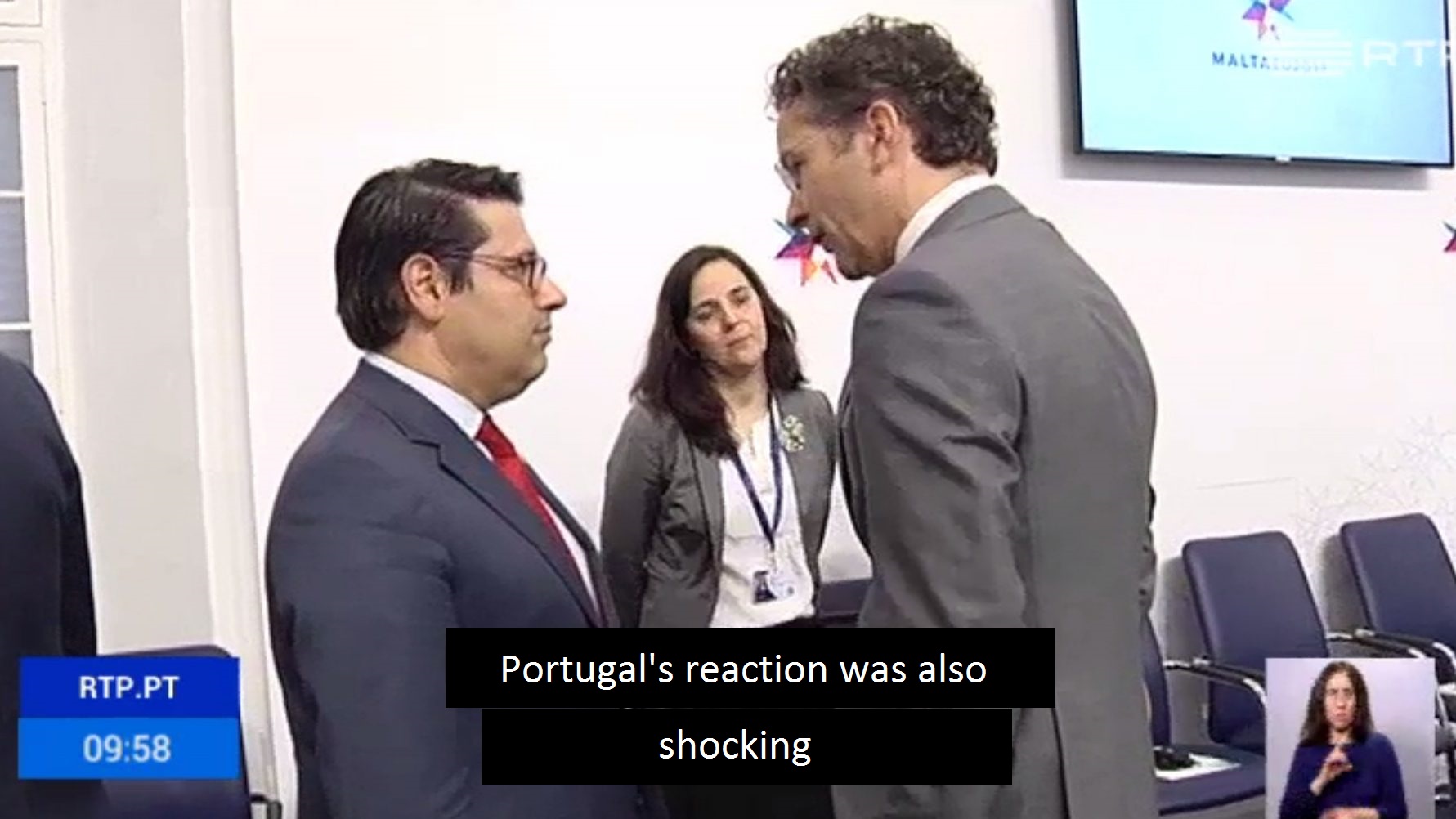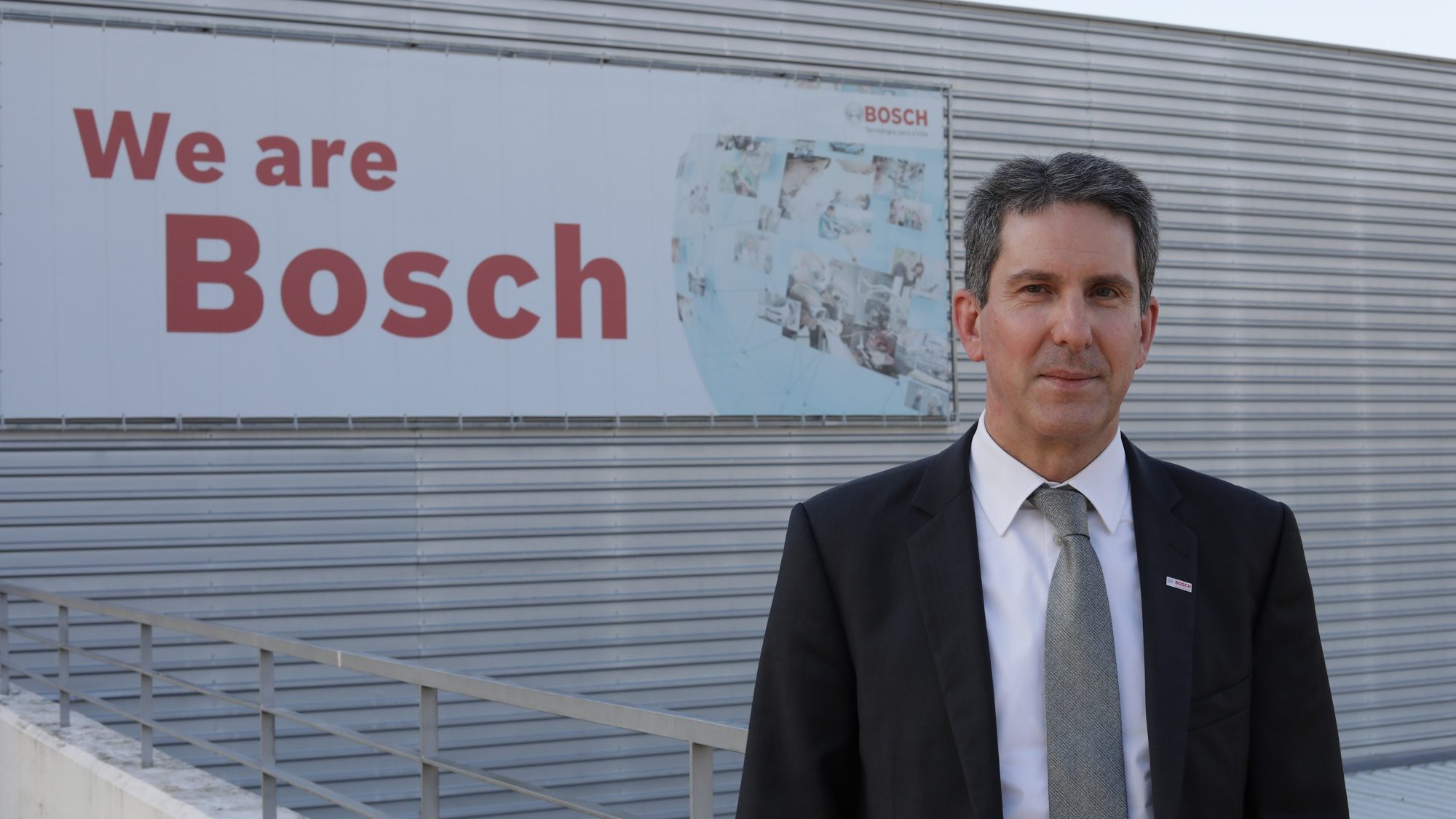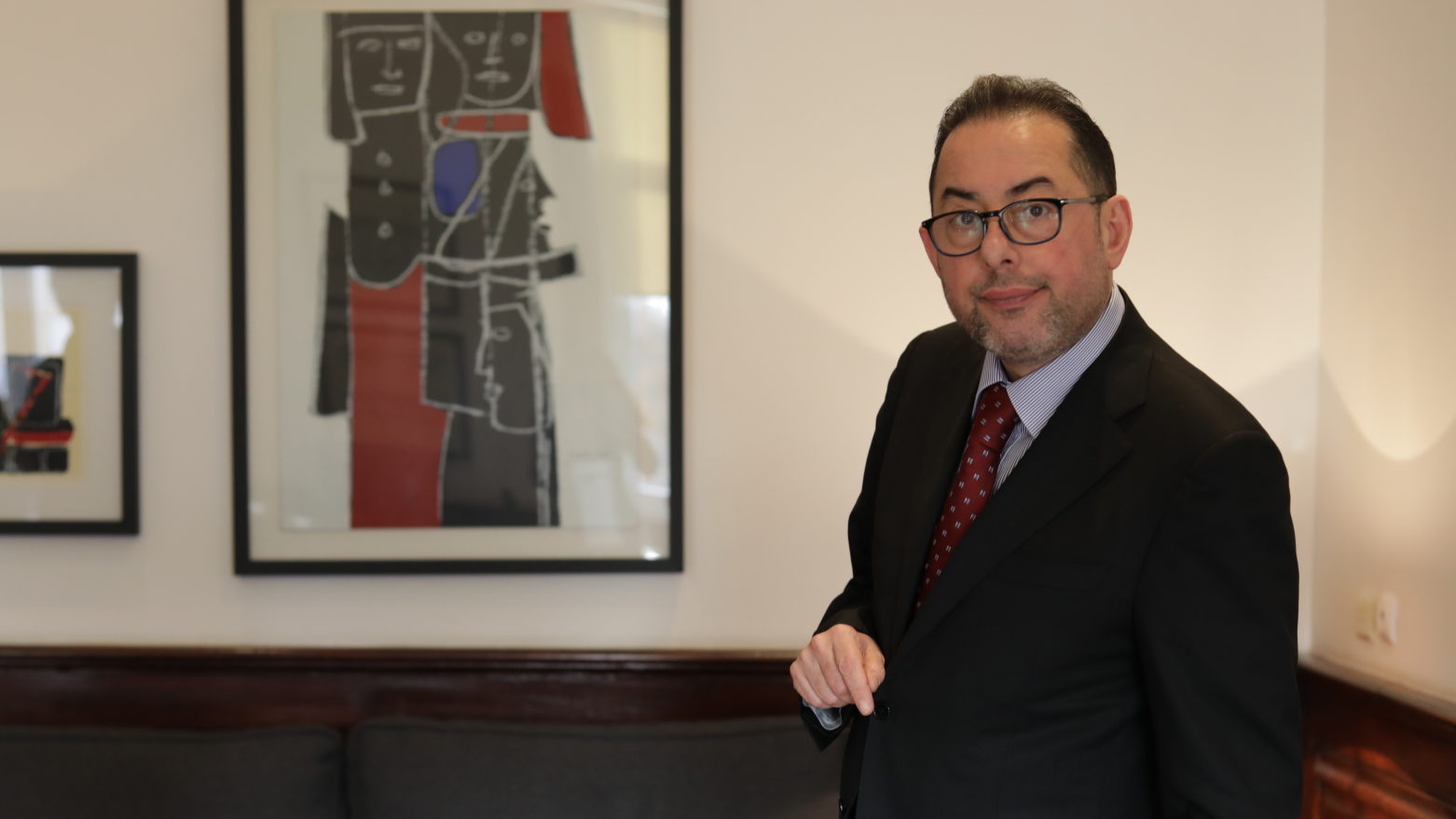Nuno Garoupa: “I don’t share the country’s optimism”
The Portuguese prime-minister António Costa is "surfing on a wave he did not create", states the Portuguese economist in an interview to ECO.
The economic growth Portugal is living can be explained by the inheritance resultant from the previous Government policies, headed by Pedro Passos Coelho (PSD – Portuguese Social Democratic Party). The economist Nuno Garoupa stated, in an interview to ECO, that Portugal will soon return to a stagnated economy, which has been one of its characteristics in the past two decades.

Nuno Garoupa does not believe Portugal has gotten over its economic crisis: “I don’t share the country’s optimism. Portugal is exactly where it was in the past 15 or 20 years — stagnated. What happens is that this stagnation has better and worse periods”.
When speaking of worse periods, the Portuguese economists is referring to the austerity measures, adding that there were no alternative policies for this package, “because we were in fact in a financing emergency and because we are a part of the European Union”. Garoupa also adds he criticized Passos Coelho’s Government not because he did a bad austerity package with bad reforms, but that the former PM did not implement a more ambitious reforms’ package; even so, he believes those policies were beneficial.
In spite of the more favorable European economic cycle, Portugal’s growth is purely circumstantial, according to Garoupa: “We will return very quickly to stagnation rates of around 1% or 1.5% growth”. On the current PM’s optimistic discourse, Nuno Garoupa believes it has benefits in terms of electoral results, but he considers António Costa is “surfing” on a wave he did not create. Although he was smart enough to take the wave and surf on it, Garoupa recalls the importance of not confusing “being good at riding a wave and being good at creating the wave”. His belief is that Portugal has a structural problem: “We are very dependent on the exterior, which is a problem, and we also do not know how to make our economy more competitive”.
When asked about a possible debt restructuring for Portugal, Nuno Garoupa considers that since there is a constrained optimization problem (and a very intricate set of rulings within the Euro Area), he highly doubts that restructuring the country’s debt is the best choice. “I do not know if renegotiating our debt will not cause more costs than benefits both in political terms and within our relationship with the Euro Area and the markets”, says the economist.
"I can bite the bullet and agree with the idea that Portugal would be better off outside the European Union. But leaving the Euro Area will not mean going back to the 1998 Portuguese escudo.”
Lastly, Nuno Garoupa provides some final remarks on the Euro Area, stating “it will always be at risk”. As for whether or not Portugal will leave the Union, the economist believes it is necessary to understand if Portugal would be in a better or in a worse situation if it left, and more importantly, how would that transition be made, considering it has “a great social cost”.
“It is very complicated to understand how we would perform a Portugalexit and if that exit would have devastating costs for our economy in the short term. In the long run, it is better for us, but if we died midway in the short term, it is not the best option for Portugal“, Nuno Garoupa concludes.




